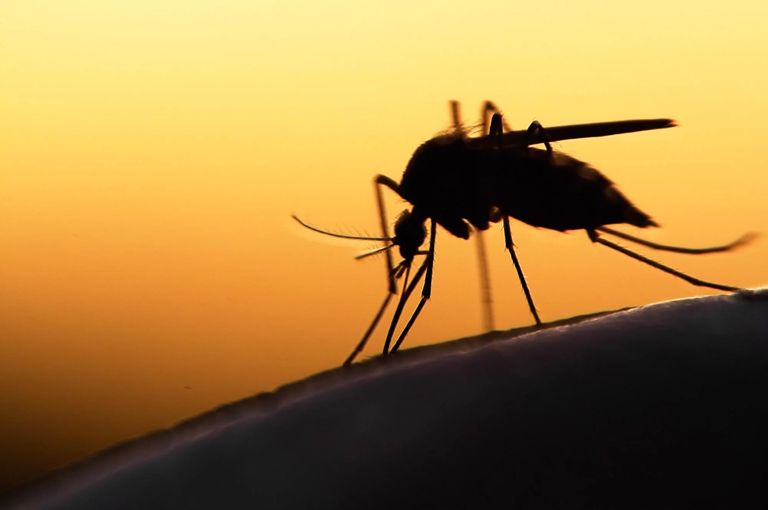Dengue Poses Greater Long-Term Health Threats Than COVID-19, New Research Shows


New Delhi: A recent study in Singapore has brought to light the heightened risk of long-term health complications among individuals who have recovered from dengue fever. The research indicates that dengue survivors face a 55% greater likelihood of developing heart-related issues, such as irregular heartbeats and blood clots, within a year of their initial infection, compared to those who have recovered from COVID-19.
Dengue, transmitted by the bite of an infected mosquito, is already known for its severe impact during the acute phase, but this study highlights the potentially more serious long-term effects. The comparison with COVID-19, a disease that has received extensive global attention, is particularly striking. While COVID-19, caused by the SARS-CoV-2 virus, has its own set of long-term effects, the findings suggest that dengue may pose an even greater threat to cardiovascular health over time.
The study emphasizes the need for continued medical care and monitoring for dengue survivors. As the research shows, heart complications related to dengue do not necessarily resolve with the initial illness but can persist or even worsen in the months following recovery. This underlines the importance of post-recovery follow-up and the implementation of preventive measures to address potential complications.
In regions where dengue is endemic, this study serves as a crucial reminder for healthcare providers and policymakers to prioritize long-term care strategies for those affected by dengue. As the global health community continues to combat both dengue and COVID-19, these findings underscore the necessity of a comprehensive approach to managing the long-term health outcomes of viral infections.







